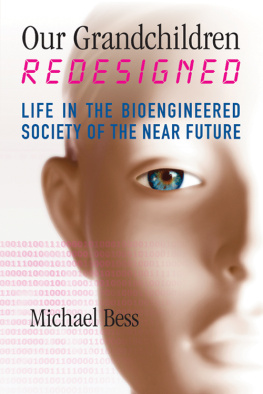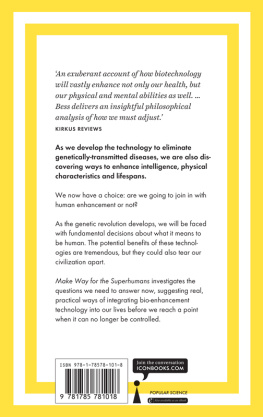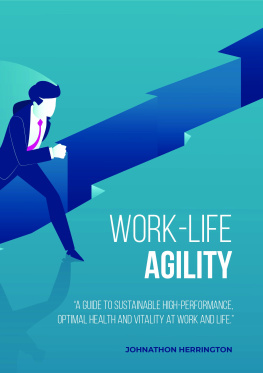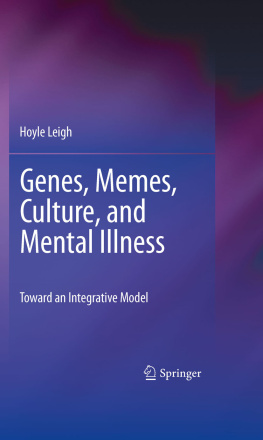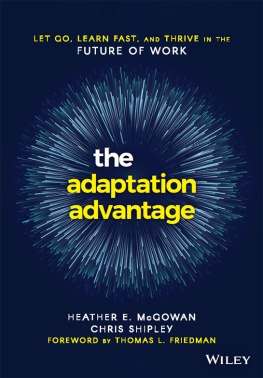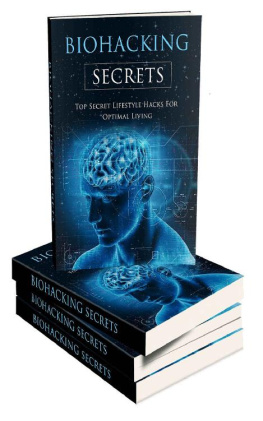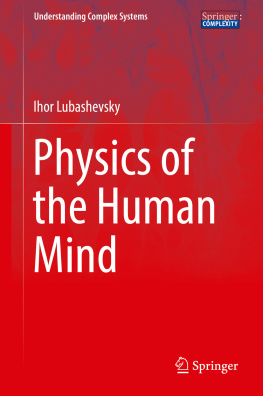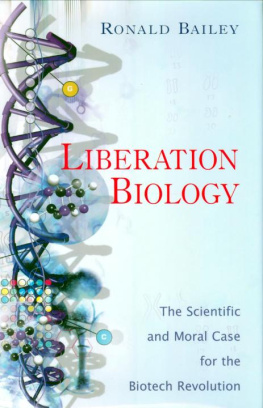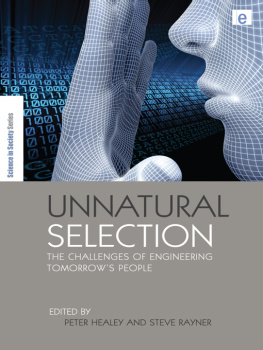Michael Bess - Our Grandchildren Redesigned: Life in the Bioengineered Society of the Near Future
Here you can read online Michael Bess - Our Grandchildren Redesigned: Life in the Bioengineered Society of the Near Future full text of the book (entire story) in english for free. Download pdf and epub, get meaning, cover and reviews about this ebook. year: 2015, publisher: Beacon Press, genre: Romance novel. Description of the work, (preface) as well as reviews are available. Best literature library LitArk.com created for fans of good reading and offers a wide selection of genres:
Romance novel
Science fiction
Adventure
Detective
Science
History
Home and family
Prose
Art
Politics
Computer
Non-fiction
Religion
Business
Children
Humor
Choose a favorite category and find really read worthwhile books. Enjoy immersion in the world of imagination, feel the emotions of the characters or learn something new for yourself, make an fascinating discovery.
- Book:Our Grandchildren Redesigned: Life in the Bioengineered Society of the Near Future
- Author:
- Publisher:Beacon Press
- Genre:
- Year:2015
- Rating:5 / 5
- Favourites:Add to favourites
- Your mark:
Our Grandchildren Redesigned: Life in the Bioengineered Society of the Near Future: summary, description and annotation
We offer to read an annotation, description, summary or preface (depends on what the author of the book "Our Grandchildren Redesigned: Life in the Bioengineered Society of the Near Future" wrote himself). If you haven't found the necessary information about the book — write in the comments, we will try to find it.
Biotechnology is moving fast. In the coming decades, advanced pharmaceuticals, bioelectronics, and genetic interventions will be used not only to heal the sick but to boost human physical and mental performance to unprecedented levels. People will have access to pills that make them stronger and faster, informatic devices will interface seamlessly with the human brain, and epigenetic modification may allow people to reshape their own physical and mental identities at will.
Until recently, such major technological watershedslike the development of metal tools or the industrialization of manufacturingcame about incrementally over centuries or longer. People and social systems had time to adapt: they gradually developed new values, norms, and habits to accommodate the transformed material conditions. But contemporary society is dangerously unprepared for the dramatic changes it is about to experience down this road on which it is already advancing at an accelerating pace.
The results will no doubt be mixed. People will live longer, healthier lives, will fine-tune their own thought processes, and will generate staggeringly complex and subtle forms of knowledge and insight. But these technologies also threaten to widen the rift between rich and poor, to generate new forms of social and economic division, and to force people to engage in constant cycles of upgrades and boosts merely to keep up. Individuals who boost their traits beyond a certain threshold may acquire such extreme capabilities that they will no longer be recognized as unambiguously human.
In this important and timely book, prize-winning historian Michael Bess provides a clear, nontechnical overview of cutting-edge biotechnology and paints a vivid portrait of a near-future society in which bioenhancement has become a part of everyday life. He surveys the ethical questions raised by the enhancement enterprise and explores the space for human agency in dealing with the challenges that these technologies will present.
Headed your way over the coming decades: new biotechnologies that can powerfully alter your body and mind.
The possibilities are tantalizing:
Rejuvenation therapies offering much longer lives (160 and even beyond) in full vigor and mental acuity
Cognitive enhancement through chemical or bioelectronic means (the rough equivalent of doubling or tripling IQ scores)
Epigenetic tools for altering some of your genetically influenced traits at any point in your lifetime (body shape, athletic ability, intelligence, personality)
Bioelectronic devices for modulating your own brain processes, including your pleasure centers (a potentially non-stop high)
Direct control of machines by thought, and perhaps direct communication with other people, brain-to-brain (a new dimension of sharing and intimacy)
But some of the potential consequences are also alarming:
A growing rift between the biologically enhanced and those who cant afford such modifications
A constant cycle of upgrades and boosts as the bar of normal rises ever higherHumans 95, Humans XP, Humans 8
The fragmentation of humankind into rival bioenhancement clusters
A gradually blurring boundary between person and product
Extreme forms of...
Michael Bess: author's other books
Who wrote Our Grandchildren Redesigned: Life in the Bioengineered Society of the Near Future? Find out the surname, the name of the author of the book and a list of all author's works by series.

